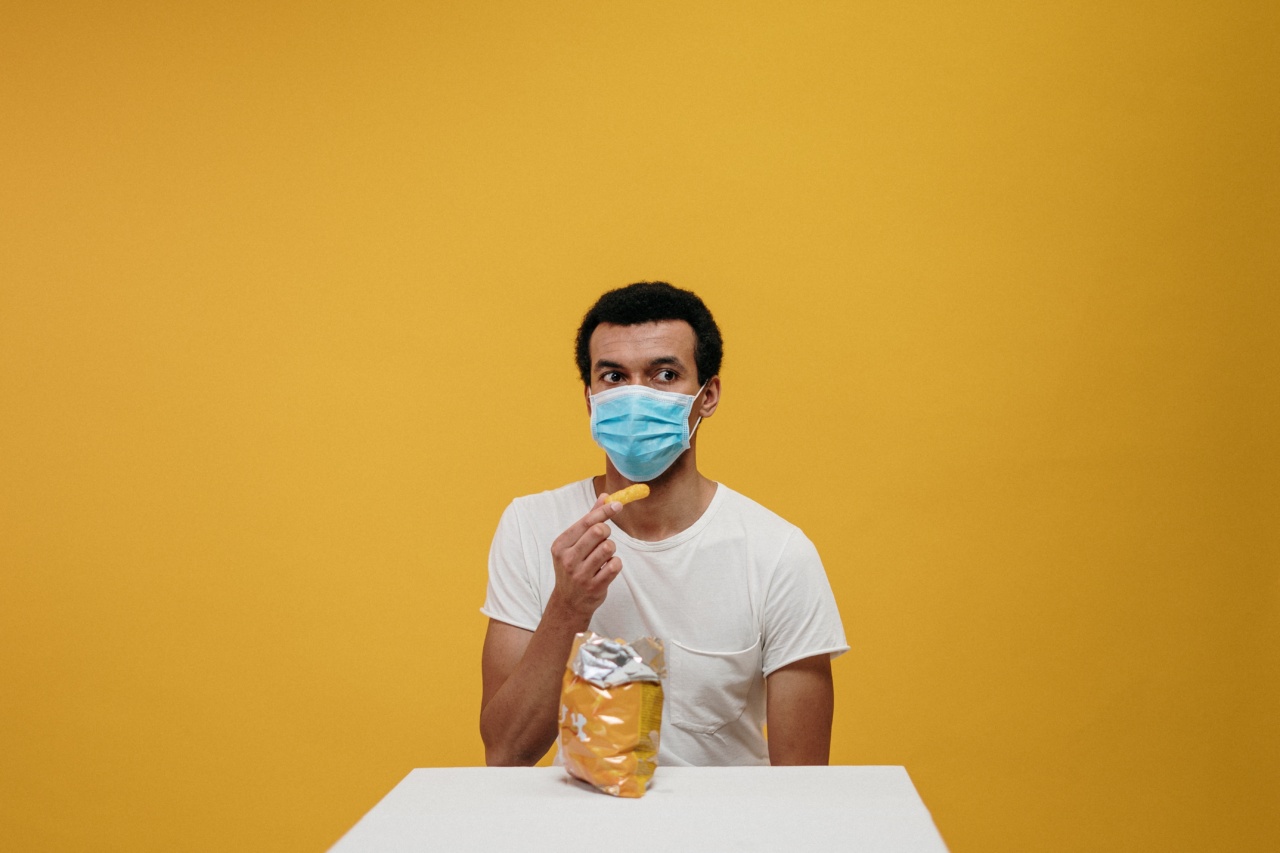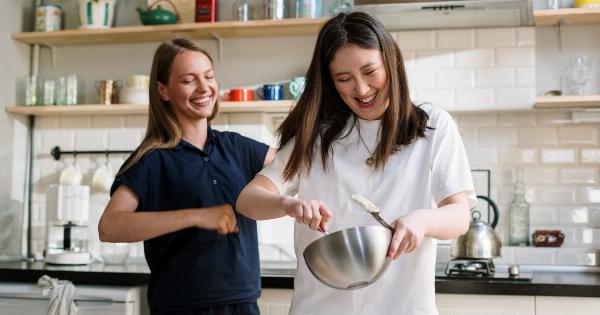When you’re sick, taking care of your body becomes a top priority, and that includes being mindful of the food you consume.
Proper food safety practices are especially crucial when you’re under the weather because your immune system may already be compromised. To ensure you don’t worsen your condition or spread the illness to others, here are five simple strategies to keep your food safe when you’re sick:.
1. Practice good hand hygiene
Before preparing or eating any food, it’s essential to thoroughly wash your hands with soap and warm water for at least 20 seconds. Hand hygiene is the first line of defense against any foodborne illness.
Use soap to create a lather and scrub your palms, the backs of your hands, between your fingers, and under your nails. Rinse your hands well and dry them with a clean towel or air dryer. Remember to repeat this step after blowing your nose, using the bathroom, or touching any potentially contaminated surfaces.
2. Separate raw and cooked foods
Properly segregating raw and cooked foods is crucial to prevent cross-contamination. When you’re sick, your immune system is already weakened, so it’s essential to avoid introducing any harmful bacteria or viruses into your body.
Keep raw meats, poultry, seafood, and eggs separate from already cooked or ready-to-eat foods to prevent the transfer of harmful pathogens. Store them in separate containers or use different cutting boards, utensils, and plates when handling them.
3. Cook foods thoroughly
Cooking food to the appropriate temperature is vital in killing harmful bacteria and viruses that may cause foodborne illnesses.
Using a food thermometer, ensure that all cooked dishes, especially meats, chicken, and seafood, reach a safe internal temperature. Proper cooking temperatures vary depending on the type of food. For instance, chicken should reach at least 165°F (75°C), while ground meat should reach 160°F (71°C).
By cooking your food adequately, you can significantly reduce the risk of consuming any pathogens.
4. Store leftovers properly
When you have a reduced appetite due to illness, it’s common to have leftovers after a meal. However, improperly stored leftovers can quickly become a breeding ground for bacteria.
To keep your food safe, refrigerate leftovers promptly, ideally within two hours after cooking. Divide them into shallow, airtight containers to help them cool rapidly. Make sure your refrigerator is set to 40°F (4°C) or below to minimize bacterial growth. Label the containers with the date to help you track and use them within a safe time frame.
5. Don’t share utensils or personal items
While it’s natural to want comfort and companionship when you’re feeling unwell, it’s crucial to avoid sharing utensils, drinking glasses, or personal items with others.
When you’re sick, you may unknowingly pass your illness to others through saliva or direct contact with contaminated objects. Make sure to use separate utensils, dishes, and drinking glasses to minimize the risk of spreading any illness to those around you.
Encourage good hygiene practices among family members or roommates to prevent the spread of germs throughout your household.
By following these five simple strategies, you can significantly reduce the risk of foodborne illness while you’re sick.
Proper hand hygiene, separating raw and cooked foods, thorough cooking, adequate storage of leftovers, and avoiding sharing utensils or personal items are key practices to prioritize when your immune system may be compromised. By taking care of your food safety, you’ll be on your way to a faster and healthier recovery.






























